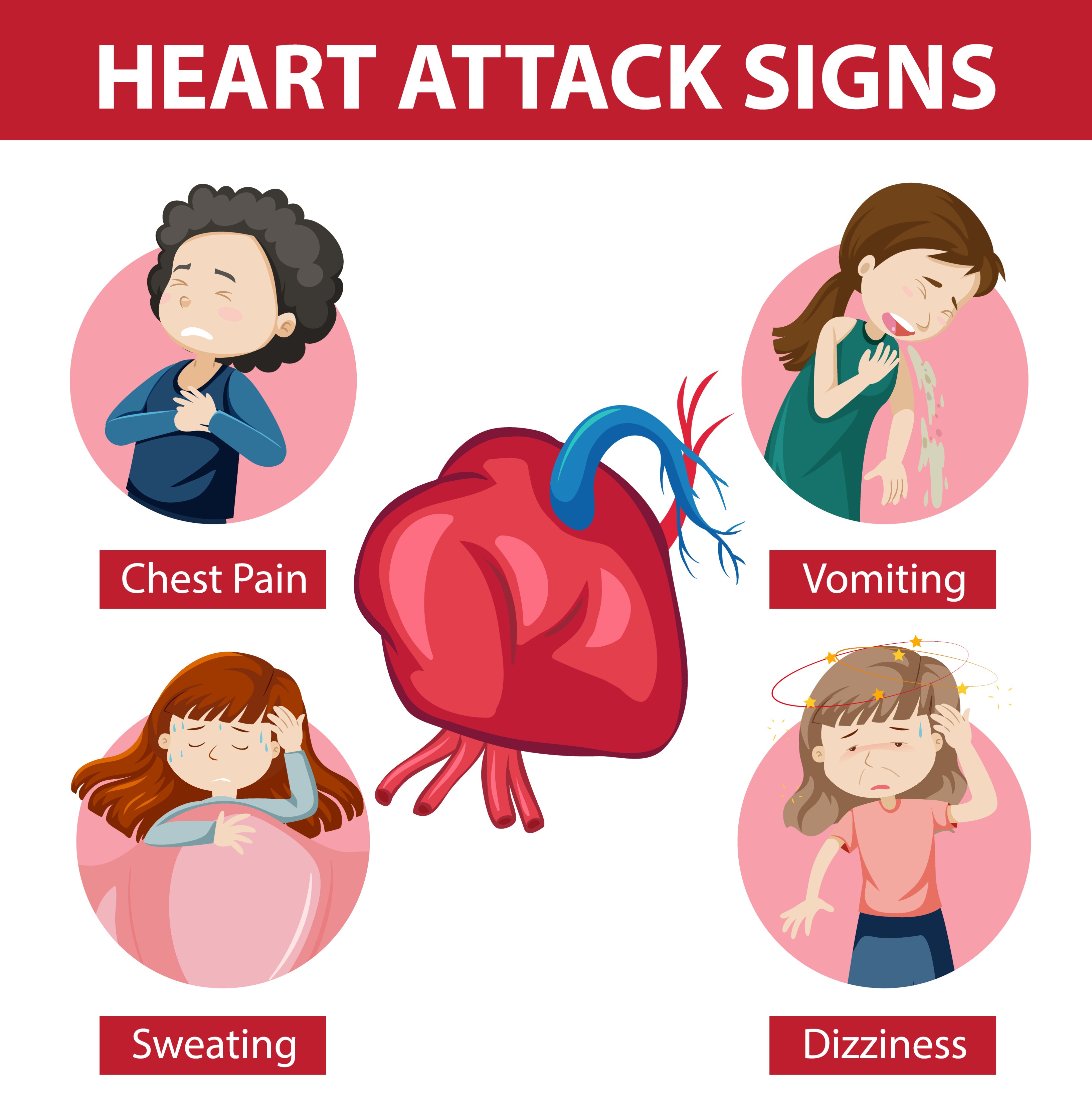
Signs and Symptoms of Congestive Heart Failure
Introduction: Congestive Heart Failure (CHF) is a serious condition that affects millions of people worldwide. It’s important to be aware of the signs and symptoms of CHF, as early detection can lead to better management and improved quality of life. In this blog, we’ll explore the common signs and symptoms of CHF in simple language, helping you understand what to look out for.
Signs and Symptoms:
- Shortness of Breath: One of the hallmark symptoms of CHF is feeling short of breath, especially during physical activity or when lying down flat. This can be due to fluid buildup in the lungs.
- Fatigue and Weakness: CHF can make you feel unusually tired or weak, even with enough rest. This fatigue is often a result of your heart struggling to pump blood effectively throughout your body.
- Swelling (Edema): Fluid retention in the body, known as edema, can cause swelling in the legs, ankles, feet, or abdomen. This swelling is a common symptom of CHF.
- Persistent Cough: A chronic cough that produces pink or blood-tinged mucus can be a sign of fluid backup in the lungs, which is common in CHF patients.
- Rapid or Irregular Heartbeat: Palpitations, a fast heartbeat, or irregular heart rhythms may indicate an underlying heart problem like CHF.
- Reduced Exercise Tolerance: If you find it increasingly difficult to perform your usual activities or notice a sudden decrease in your exercise tolerance, it could be due to compromised heart function.
- Sudden Weight Gain: Unexplained weight gain over a short period, often accompanied by swelling, could signal fluid retention related to CHF.
Conclusion: Being aware of the signs and symptoms of Congestive Heart Failure is essential for early detection and effective management of the condition. If you experience any of these symptoms, it’s important to consult a healthcare professional for proper evaluation and treatment.
To seek medical advice, always consult a Doctor. Here are our recommended experts. Click here
To read more on Heart Disease . Click Here


